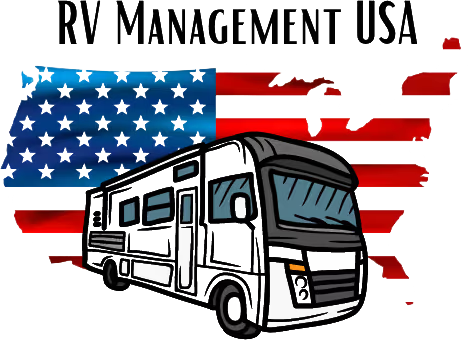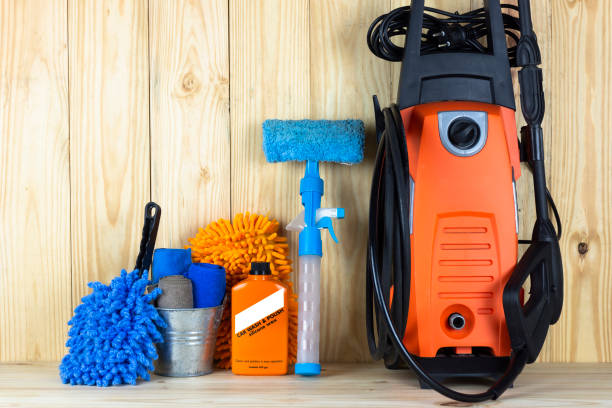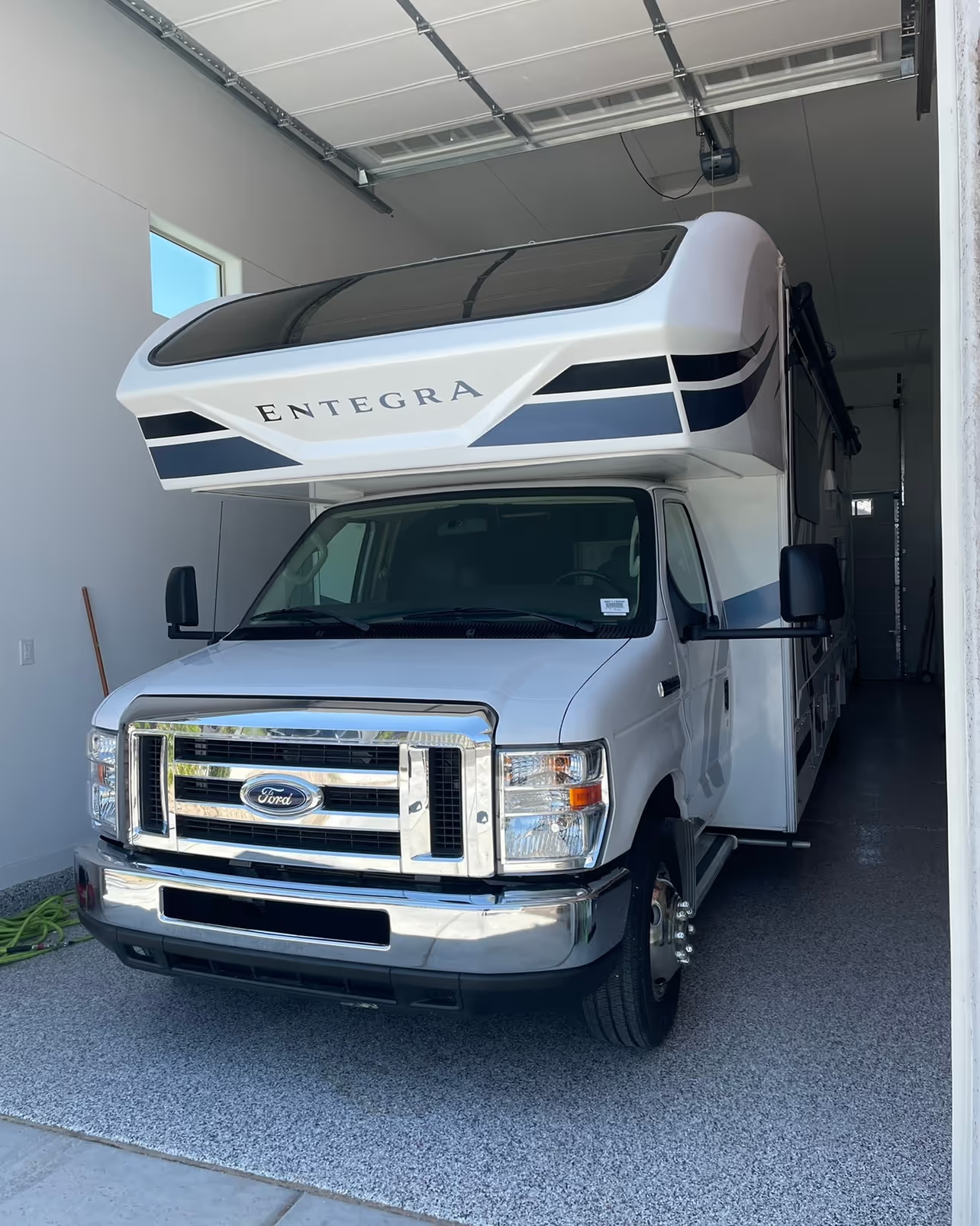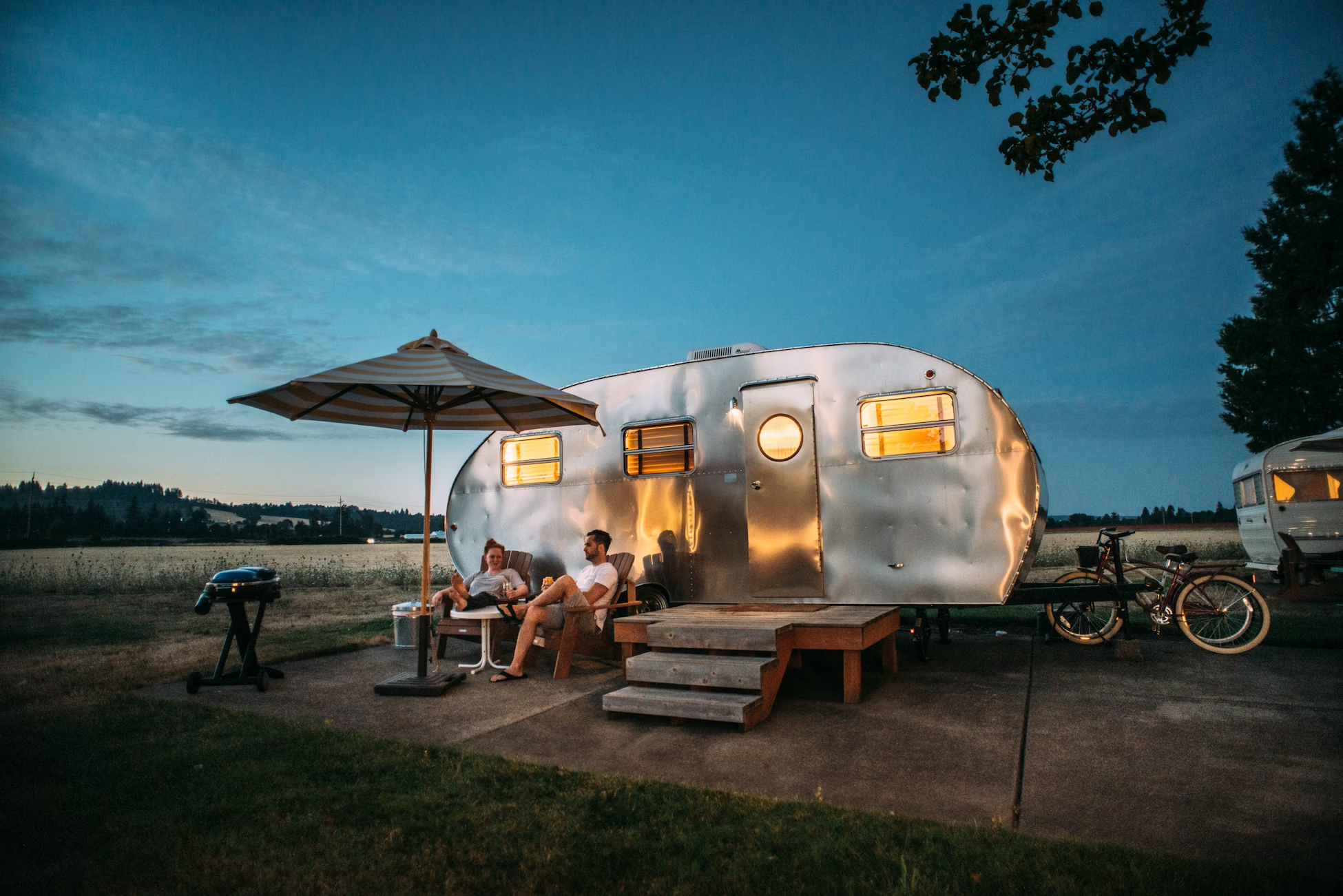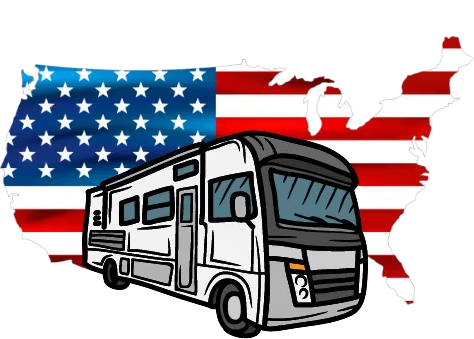How to Inspect an RV Before Purchase
Buying a recreational vehicle (RV) is not just a purchase; it's an investment into countless adventures and memories. However, choosing the right RV requires thorough inspection and understanding of what to look for. This article will guide you through the detailed steps of inspecting an RV before making a purchase, ensuring you find a reliable and suitable vehicle for your adventures.
Understanding Different Types of RVs
Before diving into the specifics of inspection, it is essential to understand the different types of RVs available:
- Class A: These are the largest and most luxurious, equipped with full-sized amenities.
- Class B: Often referred to as campervans, these are more compact and easier to maneuver.
- Class C: A mid-size option that typically offers a good balance of comfort and mobility.
- Fifth Wheel: These require a pickup truck for towing but offer spacious living quarters.
- Travel Trailers: Versatile towing options and sizes but require a vehicle with adequate towing capacity.
Exterior Inspection
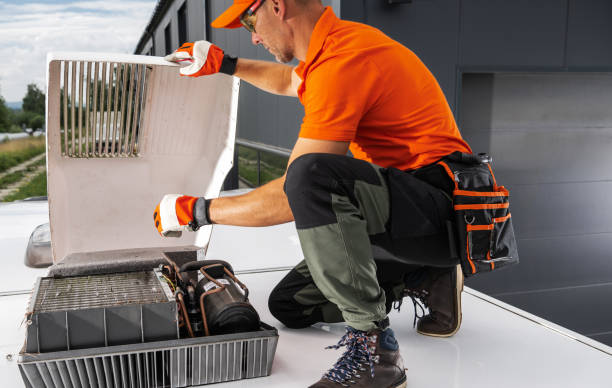
Start your inspection by examining the exterior of the RV closely:
- Body Condition: Check for any signs of damage such as dents, scratches, and rust. Also, ensure that the body panels align correctly without gaps.
- Windows and Seals: Ensure all windows are intact and that seals and gaskets are not cracked or weathered, which could lead to leaks.
- Tires: Inspect for wear and ensure the treads are evenly worn. Check the age of the tires since they should be replaced every five to six years regardless of use.
- Lights and Electrical Components: Test all exterior lights and electrical components to ensure they are in working order.
Interior Inspection
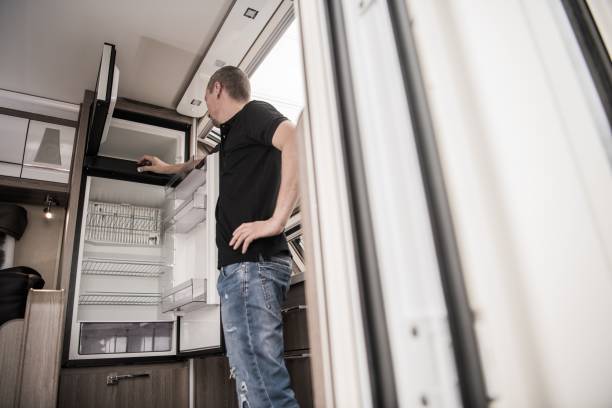
The interior condition of the RV is just as important as the exterior:
- General Cleanliness and Condition: A clean interior can be a sign of good maintenance. Look for any signs of wear and tear on the furniture and fixtures.
- Appliances: Test all appliances to ensure they are in working condition and look for signs of wear or damage.
- Plumbing: Check all plumbing fixtures, and watch for leaks or water damage. Test the toilet, shower, and sinks.
- Electrical Systems: Test all interior lights, outlets, and other electrical equipment. Check the fuse box for any signs of mishandling or corrosion.
Engine and Mechanical Inspection
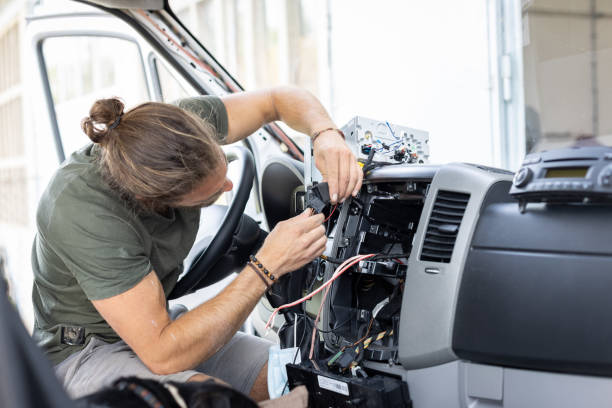
If the RV is motorized, the mechanical condition is crucial:
- Engine: Check for any abnormal noises, smoothness in starting, and if the engine maintains idle without issues.
- Transmission: Ensure the transmission shifts smoothly without hesitation or strange noises.
- Brakes: Test for responsiveness and listen for any grinding noise, which could indicate wear.
- Air Conditioning and Heating: Verify that both heating and cooling systems are operational, especially if you're planning to travel in extreme weather conditions.
Important Documentation
Proper documentation not only verifies the legitimacy of the sale but also provides a history of the RV:
- Title and Registration: Ensure the title is clear and matches the seller's details without any outstanding liens.
- Maintenance Records: Regular maintenance logs can indicate how well the RV has been taken care of over the years.
- Warranty Information: If still applicable, understand what the warranty covers and if it is transferable.
Final Considerations
Once you have completed a thorough inspection, consider these final aspects:
- Test Drive: If possible, take the RV for a test drive to see how it handles on the road and perform a final check of all operational components.
- Professional Inspection: If you are not confident in your inspection skills, consider hiring a professional to inspect the RV. It could save you from expensive repairs down the line.
- Price Negotiation: Armed with knowledge from your inspection, you're in a better position to negotiate the price based on any repairs or upgrades needed.
Purchasing an RV is an exciting step toward freedom on the open road, but it's essential to approach it with diligence. By following these detailed inspection tips, you can ensure that your RV will be a dependable home away from home.
